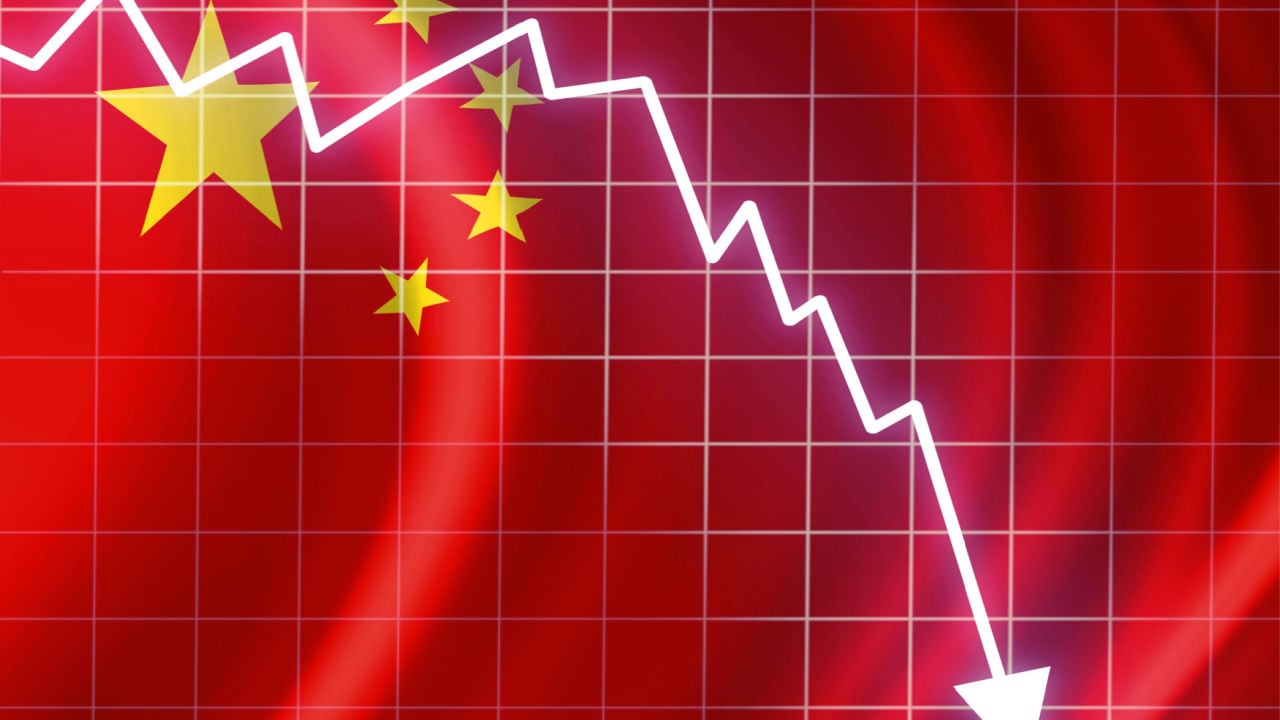China, one of the world’s largest economies, has recorded its lowest inflation rate in over two years, according to data provided by the National Bureau of Statistics (NBS). The Consumer Price Index (CPI) increased by 0.1% year-over-year, a significant drop from March’s 0.7% increase. The decrease in prices can be attributed partly to the decline in food and beverage prices, which have gone down from 2.4% in March to under 1% in April. Core inflation, which excludes food and beverage prices, has increased by 0.7% year-over-year. While these figures are below the government’s ceiling of 3% for the year, experts have expressed concerns about China’s economic recovery after COVID-19.
Expert Opinions and Proposals
Zou Lan, an official with the People’s Bank of China (PBOC), has dismissed concerns about China’s economic recovery, saying that “there is no basis for long-term deflation or inflation,” and that consumer demand is expected to pick up in the second half of the year. Standard Chartered predicts that inflation levels will reach 0% in the coming months, but the bank still expects a growth rate of over 5% without adjusting interest rates, which are currently at 1%.
Experts are worried about the possibility of deflation and have proposed different solutions to avoid it. Li Daokui, a professor of economics at Tsinghua University and former member of the PBOC advisory board, has suggested that the government should provide cash handouts to citizens to stimulate demand. Li believes that even with a conservative estimate, 500 billion yuan in consumption vouchers could drive one trillion yuan in overall consumption. The state could also receive over 300 billion yuan in taxes derived from the spending directly enabled by the cash handouts.
In conclusion, China’s inflation rate has dropped to its lowest in over two years, raising concerns about the country’s economic recovery after COVID-19. While some experts are optimistic about the potential for consumer demand to pick up in the second half of the year, others suggest that the government should take action to avoid deflation, such as providing cash handouts to stimulate demand.

